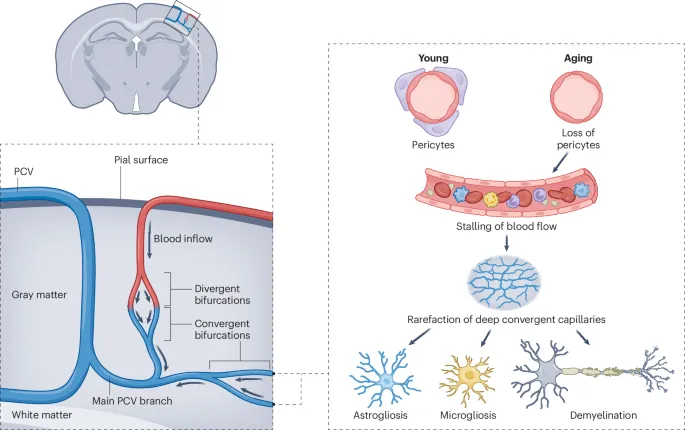
Rise and Shine: How Early Bedtimes Supercharge Your Daily Activity
2025-06-30
Author: Li
Unlocking the Secret of Early Bedtimes
A groundbreaking study led by Monash University reveals that turning in early could be your secret weapon for increasing physical activity the next day. Published in the esteemed Proceedings of the National Academy of Sciences, this research dives deep into the connection between sleep patterns and next-day exercise.
Massive Data Reveals the Truth
In this extensive study, nearly 20,000 participants wore biometric devices for a full year, generating an astonishing six million nights' worth of data. This innovative approach provided precise insights into how sleep habits influenced physical activity levels the following day.
Early to Bed, Active by Day!
The results are compelling: individuals who hit the hay around 9 PM logged an average of 30 more minutes of moderate-to-vigorous physical activity compared to their night owl counterparts, who typically stayed awake until 1 AM. Even those who went to bed at 11 PM—considered the average for participants—recorded an impressive 15 additional minutes of daily activity when they turned in early.
The Struggles of Night Owls
Dr. Josh Leota, the lead author of the study, notes that those with later bedtimes may face unique challenges, particularly in a world designed around typical 9-to-5 work hours. "This misalignment can lead to social jetlag, poor sleep quality, and increased daytime fatigue—all factors that can diminish motivation for physical activity the next day," he explains.
Can You Change Your Sleep Routine?
But here's the kicker: the researchers discovered that when individuals consciously went to bed earlier, maintaining their usual amount of sleep, they achieved the highest levels of physical activity the next day. This points to a tangible way to boost health and productivity.
A Call for Health Campaigns to Adapt
Dr. Leota argues that these findings carry significant weight for public health initiatives. Instead of promoting sleep and fitness in isolation, campaigns could focus on encouraging earlier bedtimes to promote healthier, more active lifestyles. This holistic approach may yield better health outcomes for individuals and communities alike.
Validation Across Diverse Populations
To further solidify these findings, an additional validation study involving almost 6,000 participants utilizing Fitbit data showed consistent results across different demographics. Senior author Dr. Elise Facer-Childs emphasized the deep-rooted relationship between sleep timing and physical activity.
A New Perspective on Health
"Sleep and physical activity are crucial for our well-being, but we have only recently begun to appreciate how interconnected they are in our daily lives," she states. This research is a wake-up call for anyone seeking to enhance their health through simple lifestyle changes.


 Brasil (PT)
Brasil (PT)
 Canada (EN)
Canada (EN)
 Chile (ES)
Chile (ES)
 Česko (CS)
Česko (CS)
 대한민국 (KO)
대한민국 (KO)
 España (ES)
España (ES)
 France (FR)
France (FR)
 Hong Kong (EN)
Hong Kong (EN)
 Italia (IT)
Italia (IT)
 日本 (JA)
日本 (JA)
 Magyarország (HU)
Magyarország (HU)
 Norge (NO)
Norge (NO)
 Polska (PL)
Polska (PL)
 Schweiz (DE)
Schweiz (DE)
 Singapore (EN)
Singapore (EN)
 Sverige (SV)
Sverige (SV)
 Suomi (FI)
Suomi (FI)
 Türkiye (TR)
Türkiye (TR)
 الإمارات العربية المتحدة (AR)
الإمارات العربية المتحدة (AR)